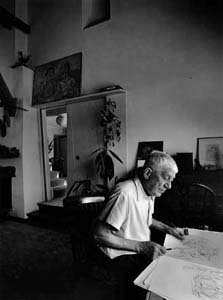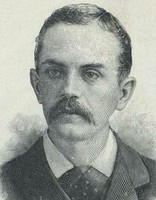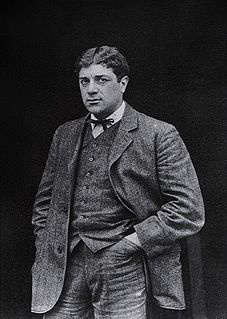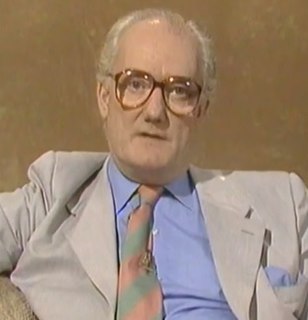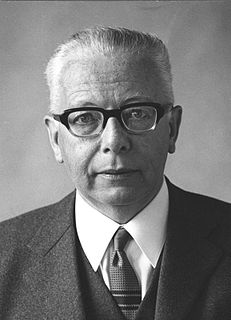A Quote by Oskar Kokoschka
Consciousness is the grave of things, the place where they cease to exist, beyond which they end. And when they have ended, it seems that they no longer have any essential existence except in the visions in me.
Related Quotes
I feel like I'm dropping such a long way down again." "I seem to be dropping into a cold dark wet place, where no one's been before and noone can every follow. There's no future there; just a past that sometimes fools you into thinking it's the future. It's the most alone place you can ever be and, when you go there, you not only cease to exist in real life, you also cease to exist in their consciousness and in their memories.
Consciousness will always be present, though a particular
consciousness may cease. For example, the particular tactile
consciousness that is present within this human body will cease when
the body comes to an end. Likewise, consciousnesses that are
influenced by ignorance, by anger or by attachment, these too will
cease. But the basic, ultimate, innermost subtle consciousness will
always remain. It has no beginning, and it will have not end.
My existence is such that "I" do not really exist. At the end of understanding so much I understand that I know nothing. I suffer for being surrounded by intense suffering and yet I'm deeply suspicious if first of all there is indeed any consciousness except me. I strive to find the artist who might have fathered this great universal art but feel myself to be too feeble to accomplish this seemingly unattainable mission. Yet I have every respect for life, and it is this sheer respect that makes me live.
We hear much nowadays as to the speculative ideas of men concerning the condition beyond the grave; but the admission that there is an individual existence beyond the grave, is a declaration that there must have been an individual, intelligent creation before we came here in the flesh. Life beyond the grave postulates a pre-existent state.
Those implications are tremendous beyond description. My experience showed me that the death of the body and the brain are not the end of consciousness, that human experience continues beyond the grave. More important, it continues under the gaze of a God who loves and cares about each one of us and about where the universe itself and all the beings within it are ultimately going.
You are so accustomed to think of yourselves as bodies having consciousness that you just cannot imagine consciousness as having bodies. Once you realize that bodily existence is but a state of mind, a movement in consciousness, that the ocean of consciousness is infinite and eternal, and that, when in touch with consciousness, you are the witness only, you will be able to withdraw beyond consciousness altogether.
I have made a great discovery. I no longer believe in anything. Objects don't exist for me except in so far as a rapport exists between them and myself. When one attains this harmony, one reaches a sort of intellectual non-existence, what I can only describe as a sense of peace, which makes everything possible and right. Life then becomes a perpetual revelation. That is true poetry.
I'm not in sympathy with Communism except for populations which are in a state of peasantry, actually hungry and starving. The ideal state for me is some form of Socialism, which doesn't yet exist, as far as I know, which doesn't repress the arts, or any race. Consequently I'm not a political person ... except that I'm a revolutionary.
the longer I live, the more necessary it seems to me to endure, to copy the whole dictation of existence to the end, for it might be that only the last sentence contains that small, perhaps inconspicuous word through which all laboriously learned and not understood orients itself toward glorious sense.
To take, for example, my own death: what I consider most likely to be true is that death will be the complete and utter end of my existence, with no successor existence of any kind that can be related to me as I now am. And if that is not the case, the next most likely scenario, it seems to me, is something along the lines indicated by Schopenhauer. But neither of these is what I most want. What I want to be true is that I have an individual, innermost self, a soul, which is the real me and which survives my death. That too could be true. But alas, I do not believe it.
Remember remain alert that you don't get too much attached to the accidental - and all is accidental except your consciousness. Except your awareness, all is accidental. Pain and pleasure, success and failure, fame and defamation - all is accidental. Only your witnessing consciousness is essential. Stick to it! Get more and more rooted in it. And don't spread your attachment to worldly things.
